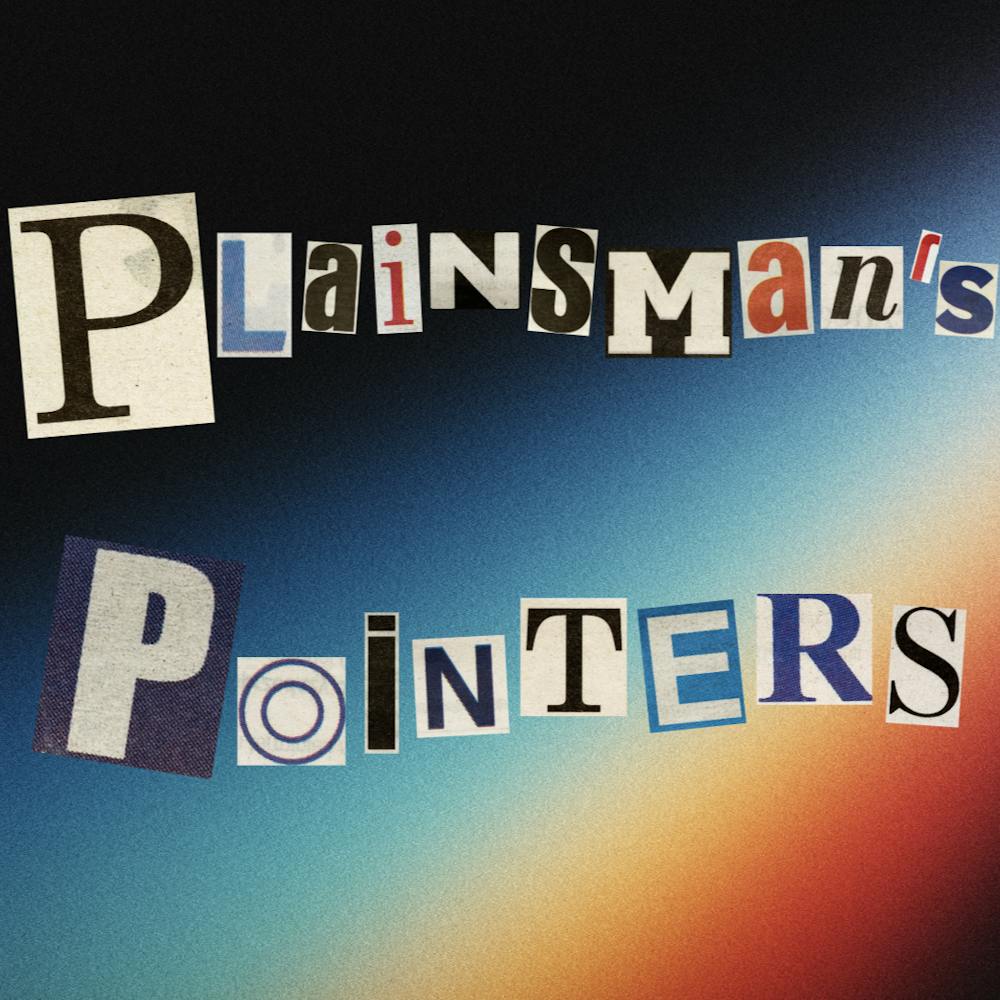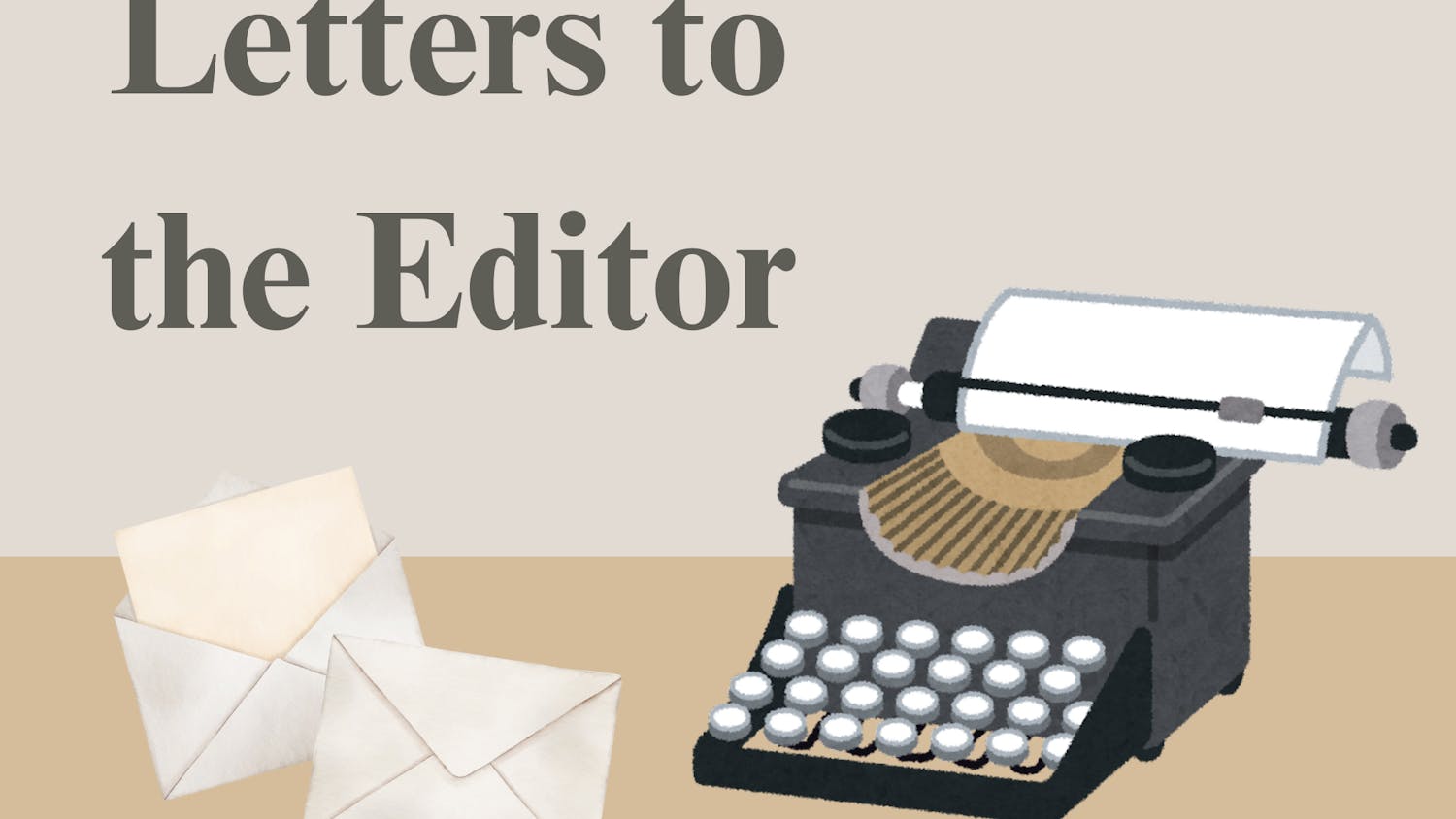I think I need better time management skills. I want to do everything fun, but I can't.
This is a great topic for an advice column, and it’s something all college students (and functioning adults) must face at some point: how do we best use the time we have?
If you’re anything like me, you came into college thinking, “I’ll have so much time. I used to have eight classes each day, and now I only have three. Maybe I’ll pick up a hobby or get a part-time job.” Then, the morning goes by all too quickly, the afternoon wastes away and the evening gets jam-packed with social activities. Where does all that time go?
The first thing you need to realize is that you cannot do everything you want to do or feel pulled to do. Part of time management is appraising the events, hangouts, errands or tasks. To appraise something means to evaluate the value or quality of it, so when we appraise things that take our time, we are evaluating how “worth it” they really are.
In order to evaluate if something is worth it, you need to figure out what you value in this time of your life. It might sound like a lot of work, but building an internal framework enables you to have an intentional, enjoyable life lived to the fullest. If an event, hangout, errand or task is tied to a value you have in life, it’s probably worth doing.
If you value school the most, you should place more priority on school-related tasks. If you value community the most, you’ll prioritize relationships. Oftentimes we value several things in life, and the priorities shift back and forth. I’m not going to tell you what to value most in life, but I am going to tell you that you need to figure it out and cater to it. Otherwise, you’ll trap yourself in things you're not passionate about and things that just exhaust you.
Some things will always be worth it: being there for a loved one in times of need, taking care of your physical and mental health or working hard on something that will help you in the future. Other things can probably be gleaned out or given less priority once we realize that they are not as important to our values.
Besides prioritizing our values, there is something else that really helps us manage our time well: having a schedule or routine. Whether you’re type A, type B or anything in-between, a routine can be so beneficial to your day-to-day functionality. Even if it’s just the bare bones of a to-do list like “do homework by Tuesday” or “hang out with a friend this week,” having something to keep you from drifting through your days is really important.
I like to use Google Calendar to keep track of all my commitments. Seeing everything laid out on the screen helps me keep track of the free time I have and everything I want to do. I have friends who like to write their day out on a Post-it note or use the Reminders app on their device. Whatever medium you choose, make sure you touch base with it often.
You need to have a realistic understanding of the time you actually have to give, which is made easier by keeping track of it. It’s impossible to commit to something you don’t have time for — although many of us try. Where does that leave you? Overworked, stressed, isolated and exhausted.
You might have to get more comfortable saying “no.” Pushing things away isn’t easy, but in doing it, you are adding more value, care and mental bandwidth to the things you say “yes” to.
Don’t spread yourself too thin, but also chase after the things that really speak to you. Maybe a lot of things speak to you: chase after the ones that most speak to you. Then you will find yourself doing what is most important and fun, and you’ll be using your time well.
Do you like this story? The Plainsman doesn't accept money from tuition or student fees, and we don't charge a subscription fee. But you can donate to support The Plainsman.

Sami Grace Donnelly, senior in English literature, began writing for the Plainsman in the fall of 2021. She has served as a columnist, writer abroad, Opinion Editor, managing editor and is now Editor-in-Chief of the Plainsman.





